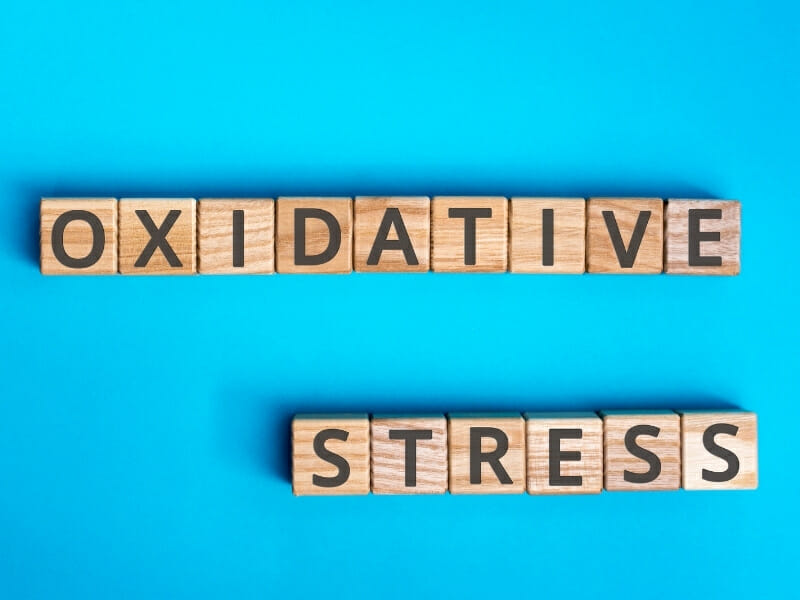Everyone knows about magnesium. It’s a mineral that’s easily obtained through grains and fresh, green, leafy vegetables, it’s very healthy, and it works well with calcium. But magnesium for athletes is another case.
How many athletes know that magnesium can boost their energy levels and potentially enhance their overall performance?
The Importance Of Magnesium For Athletes
In recent years, studies have shown time after time that magnesium plays a big part in aerobic and anaerobic energy production, especially in ATP (metabolism of adenosine triphosphate) – the energy “currency” in the body.
Studies also show that magnesium reduces the accumulation of lactic acid (the main cause of fatigue) during intense exercise.
A third discovery has been that magnesium increases glucose availability brain metabolism (circulatory supply of glucose and oxygen to neurons) during exercise – a major factor for endurance.

Scientists now believe that both the brain and the central nervous system play a big role in the degree of muscular fatigue we feel. So, theoretically, higher brain glucose availability could translate into lower levels of perceived fatigue in athletes.
More than 300 bodily biochemical reactions depend on magnesium to function successfully. Magnesium benefits are truly many. It helps keep the heart rhythm steady, maintains normal muscle and nerve function, supports the immune system, and keeps bones strong.
It also promotes normal blood pressure, helps regulate blood sugar levels, and is known to be involved in protein synthesis and energy metabolism.
Testosterone Levels
One study in Turkey observed the effects of magnesium supplementation on testosterone levels.
After four weeks of supplementing one group of inactive subjects and one group of athletes practicing taekwondo for 90-120 minutes/day with 10 mg of magnesium per kg of body weight, testosterone levels were measured.
(A third control group exercised the same amount as the second one, but without receiving supplements.)
Although the exercise-only group did see a rise in testosterone levels, the levels were higher in the groups receiving magnesium supplements – especially the group that exercised and took supplements.
Free Radical Damage
In other words, magnesium also has antioxidant properties. For instance, increasing evidence shows that low levels of magnesium seem to accompany increased inflammation – which, in itself, is strongly associated with oxidative stress.

In athletes, this means post-exercise muscle soreness and joint stiffness.
Research conducted with healthy, non-smoking freshmen students from large West Coast metropolitan areas showed that the higher the intake of dietary magnesium, the better the lung function.
One of the studies that indicated a possible connection between magnesium and oxidative stress involved young military recruits exposed to chronic stress.
The researchers discovered that low magnesium levels correlated with increased levels of oxidative stress and that the lower the magnesium levels, the higher the recorded oxidative stress.
Best Sources Of Magnesium
Magnesium is plentiful in unrefined whole grains, green leafy vegetables, nuts and seeds, peas, beans, and lentils. Because magnesium is fairly soluble, steaming vegetables (rather than boiling them) is preferable.

One of the richest sources of magnesium is roasted pumpkin seeds. And brown rice contains over 20 times as much magnesium as does white rice. 8
Magnesium Dosage For Athletes
According to U.S. standards, adult males can take 275-400 mg of magnesium per day, while women only need around 300 mg per day. Children and teens should, of course, take less.
Athletes usually need much more than the standard dose of magnesium due to the rapid depletion caused by physical exercise.
Experts commonly recommend daily doses between 600 mg and 1,250 mg for athletes and as much as 2,000 mg per day for heavy trainers and professional athletes.
CAUTION: It’s virtually impossible to get too much magnesium through food, but it IS possible to get too much in supplement form. In fact, it can be toxic.
Check with a local pharmacist, doctor, or registered dietitian to find out the right dosage for you.
Conclusion
Many nutritionists believe the amount of magnesium required for optimum health has been underestimated in the past, and that’s especially true regarding athletic performance.
Make sure to get some magnesium this week, either through grains, or a supplement, and see if you notice any difference!
And if you’re looking for another wonderful supplement for increased energy during exercises, check out our article about creatine.
